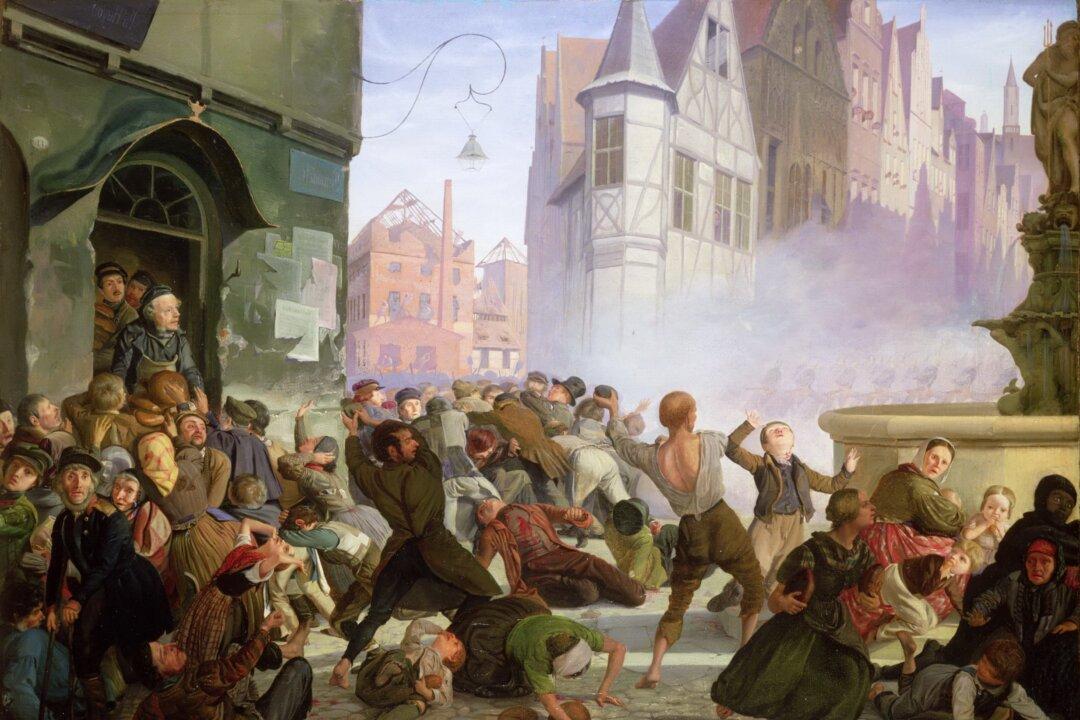More than at any other time in our history, we live in an age of fraud and mendacity.
Here’s just one example. Despite many health officials decrying the practice as useless, our mayors and governors have decreed citizens must wear masks to prevent the spread of COVID-19. Most of us, even those who despise the masks as demeaning and inhumane, slip on the masks when required.






